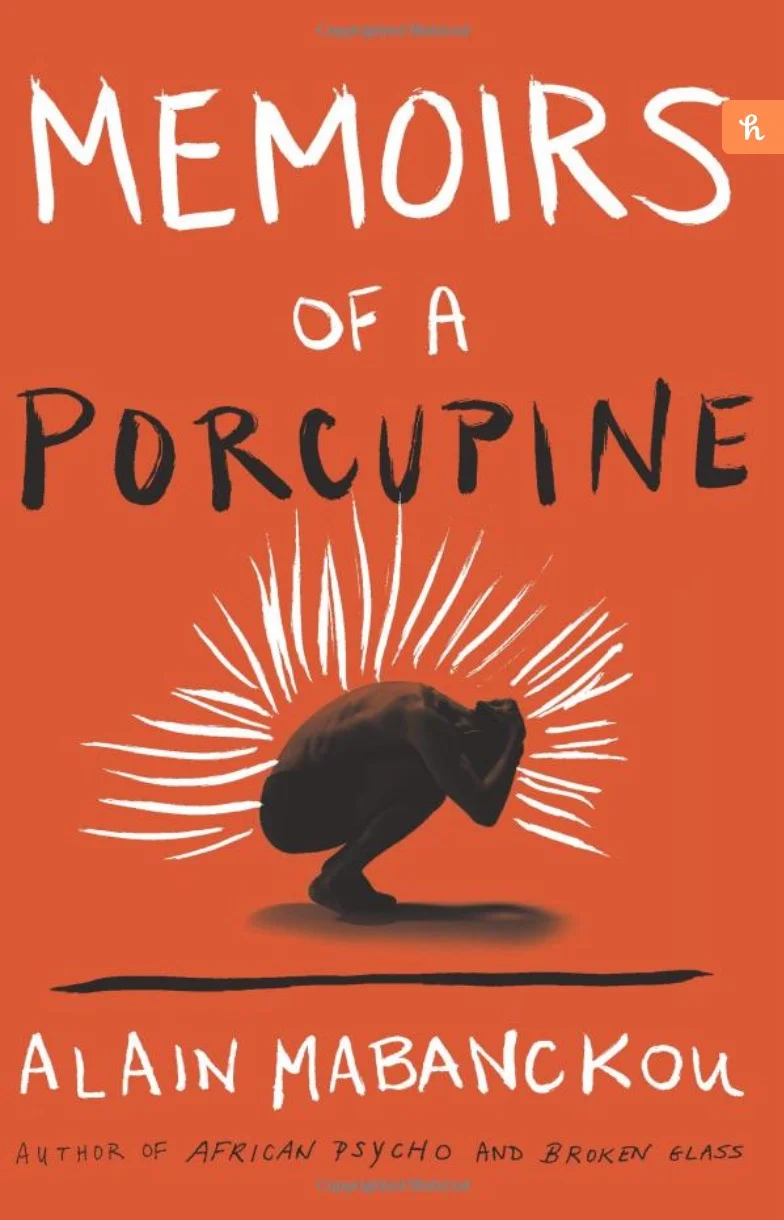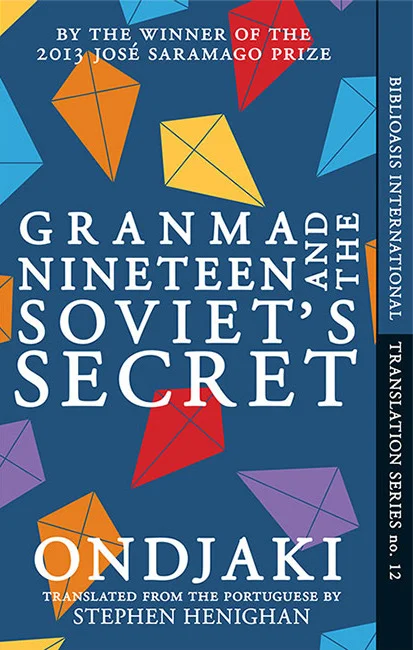Republic of the Congo: Memoirs of a Porcupine (Alain Mabanckou)
Alain Mabanckou (b. 1966) was born in Congo-Brazzaville. He studied Letters and Philosophy at the Lycée Karl Marx before beginning law school at the Marien Ngouabi University, but left after receiving a scholarship for the Université Paris-Dauphine. He was already publishing by the age of the 22, primarily in poetry. After graduating, he worked for Suez-Lyonnaise des Eaux, all while continuing to write. His first novel, Bleu-Blanc-Rouge won the Grand prix littéraire d’Afrique noire in 1999. His output has primarily concentrated on fiction, but also includes poetry, academic writing, and journalism. In 2002, he became Assistant Professor of Francophone Literature at the University of Michigan before moving to UCLA.
Background: The earliest inhabitants in the region were the pygmy Bambuti people, until they were slowly replaced by Bantu tribes around 2000 years ago. The main tribe was the Kongo/Bakongo, who kingdoms ranged widely and included many tributary states. In 1482, the Portuguese made their way down the Congo River. The locals converted to Christianity with little convincing, and the King ruled as equal with the Portuguese king, at least for a while. By the 1600s, the Congolese began to revolt against the Portuguese, mostly surrounding mining and territory rights. During this period of instability, some of the tributary states gained their independence from the larger Kongo kingdom, and when Spain over took Portugal in 1580, the Portuguese lost some of their hold over Africa. In the rush for new raw materials, the French made a treaty with King Makoko in 1880 and took over the area north of the Congo River, first being known as French Congo, and then later Middle Congo in 1903. The French extracted natural resources with brutal methods; at least 14,000 lives were lost to construct the Congo-Ocean Railroad alone. After World War II, American pressure forced France to reconsider its colonial policies, as nationalism and the desire for independence grew. In 1958, the Republic of the Congo became an autonomous colony of France and established its first constitution, however riots between rival tribes flared. Finally, on July 12, 1960, France agreed to the country’s full independence, headed by Fulbert Youlou. A brief uprising occurred in 1963 when it was announced that the country would be a one-party state, and Youlou was removed and replaced with a civilian government. During this period, the country rapidly shifted to the political left until another coup in 1968, when the country turned fully to communism, renaming itself the People’s Republic of the Congo. In 1977, the President was assassinated, beginning a period of political instability as various Presidents gained power, became corrupt, and were removed. After the collapse of the Soviet Union, in 1992, the Congolese finally decided to move to a multi-party democracy and transition to a market economy, however 1993 and 1994 continued to see violent unrest and disputed elections, and in 1997 things reached a breaking point, as tribal tensions mounted again, and much of the capital was destroyed. In 1998, a National Frum for Reconciliation was held, but fighting started again until agreements were signed in 1999. Sassou Nguesso has been tacitly in charge since 2002, however it is agreed upon that elections have been neither free nor fair.
Memoirs of a Porcupine is a wonderful, darkly funny novel. It is contextualized in an African tribe where all people are give an animal familiar as children. The cast majority get a good one, that will protect them and watch over them, bringing them luck throughout their life. Some people, however, are inculcated into a different system, with an “evil” familiar who wrecks havoc. The narrator of this story is one of these “evil” familiars, a porcupine who came to be part of a boy. The boy is now dead, but for some unusual reason the familiar survived his master, and decides to tell his story: how the boy came to have him and the terrible deeds they did together. There is a central mystery as well, are the deeds just from the boy’s psyche? It he compelled? It’s a wonderfully told story, exploring the nature of violence, the value of tribal superstitions. Mabanckou has been criticized for using his work to make Africans feel more culpable for some of the tragedies that have befallen them, and there is a small amount of that in this novel, but the magical realism tends to overshadow it. Witty, a bit cynical, and wickedly smart, one of my favorites of this project so far.





